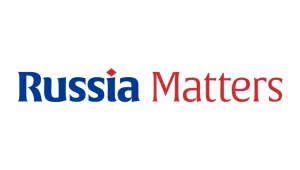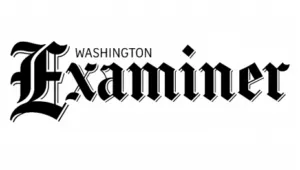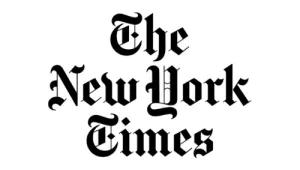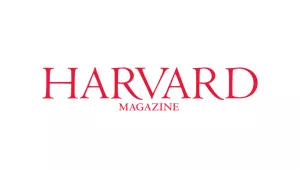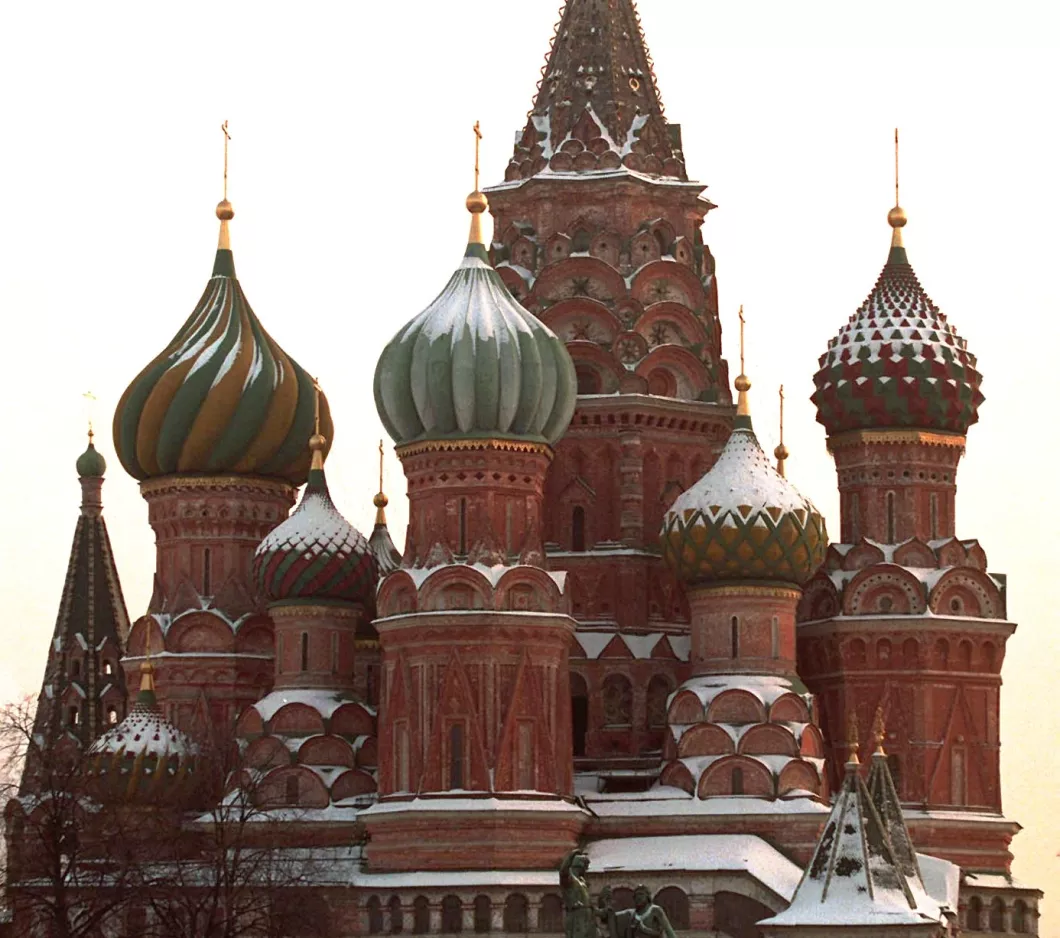
Associated Press
Russia
Russia plays a pivotal role in global affairs, shaping geopolitics, security, and energy dynamics. We analyze Russia's changing role and the reverberations of its aggression in Ukraine. We examine issues including Russia’s foreign policy decisions, nuclear proliferation, cyber security, and domestic developments. Our interdisciplinary approach includes insights from political science, economics, and security. By collaborating with experts, scholars, and policymakers, we aim to promote dialogue and foster understanding of Russia, its drivers, and its impacts on geopolitics.
The Latest
Reports & Papers
Russian Threats to NATO’s Eastern Flank: Scenarios, Strategy, and Policy for European Security
by Eric Rosenbach, Carlo Giannone, Slavina Ancheva, Luc Hillion, Ethan Lee and Lukasz Kolodziej
From Defense, Emerging Technology, and Strategy
-
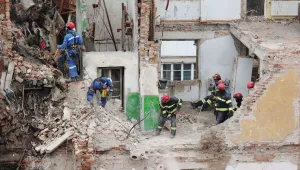 AP Photo/Vlad KravchukReports & Papers
AP Photo/Vlad KravchukReports & PapersA Flawed Path to Peace: The Weaknesses of the Proposed U.S.–Russia Framework for Ukraine
by Tanya Kozyreva -
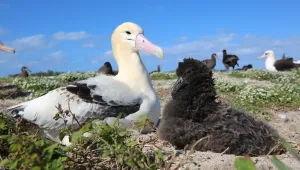 Bob Peyton/U.S. Fish and Wildlife ServiceArticle
Bob Peyton/U.S. Fish and Wildlife ServiceArticleImpacts of Geopolitical Tensions: What Russia’s War in Ukraine Means for Cooperation and Scientific Programs in the Arctic
by Margaret Williams and Loann Marquant -
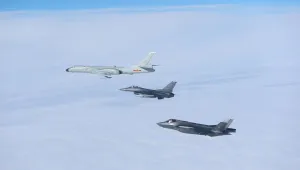 North American Aerospace Defense CommandArticle
North American Aerospace Defense CommandArticleChina, Russia, and the United States in the Bering Sea: Military Exercises and Great Power Politics
by Lamazhapov, Erdem and Andreas Østhagen
1,261
results
Filter by
Filter
Your search did not return any results. Please try another search.

